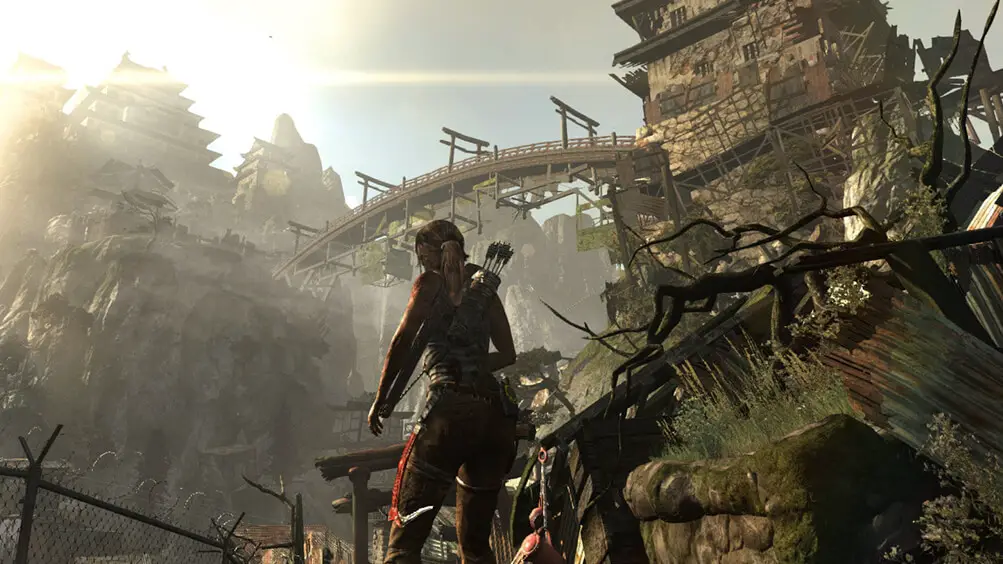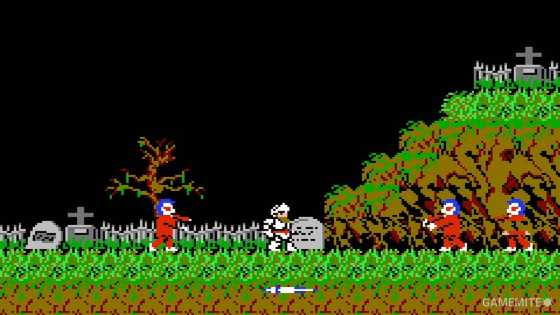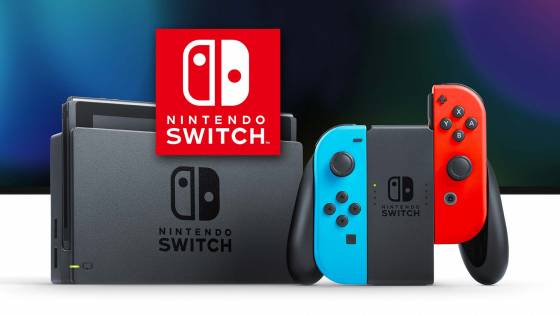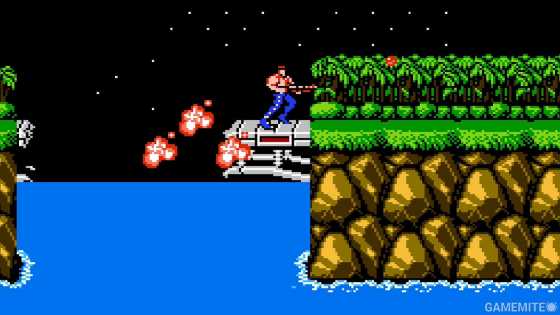Remake Vs. Remaster Vs. Reboot: The Key Differences

In recent years, technical terms like remakes, remasters and reboots have become extremely common in the gaming community. Many games from previous video game consoles have been remade and re-released on the current generation of consoles with gamers often using these three terms interchangeably.
This has done nothing but confuse the general public as most people can't tell a single difference between remasters and remakes. Today, we've decided to debunk all the common myths concerning these technical terms so that people can develop a better understanding of game development.
What is a Remake?
A remake is a game recreated with new assets, resulting in significant changes to graphics, gameplay, and sometimes story. This process essentially breathes new life into an older game, making it more appealing to contemporary audiences. This process takes advantage of technological advancements to give an older game a modern feel, enhancing its graphical fidelity and gameplay mechanics.
"Sword of Mana" is a classic example of a video game remake. It was rebuilt from scratch, faithfully recreating the original while enhancing graphics and gameplay. Similarly, the Secret of Mana remake stayed true to the original game's graphics and map design but received mixed reception due to changes in gameplay.
Another example of an exciting remake is the remake of Resident Evil 2. This beloved survival horror game was given a fantastic makeover, injecting new life into the chilling storyline and terrifying gameplay. With enhanced graphics, revamped controls, and even scarier zombies, players were able to relive the spine-tingling experience of the original game in a whole new way. The remake received high praise for its faithful recreation of the iconic Raccoon City and its intense atmosphere. It's a perfect example of how a remake can breathe fresh excitement into a classic title.
What is a Remaster?
A remaster retains assets but improves resolution, frame rates, and controls. It focuses on enhancing the visual experience without making significant changes to the gameplay or story. The core experience of the game remains intact, but it is delivered with improved visual and auditory aesthetics.
Remasters also provide an opportunity for developers to introduce new features and quality-of-life improvements. They can reinvigorate a game's community, bringing together both old and new players to share in the joy of a timeless classic. Whether it's reviving a long-dormant franchise or introducing it to a new generation, video game remasters allow us to relive the magic of the past while embracing the advancements of the present.
One such example is the remaster of the legendary game, "The Legend of Zelda: Ocarina of Time." This masterpiece from the Nintendo 64 era was brought back to life with upgraded visuals, refined controls, and even some additional content. Players could once again embark on an epic adventure as Link, exploring the vast landscapes of Hyrule, solving intricate puzzles, and battling iconic foes. The Nintendo 3DS remaster captured the essence of the original while giving it a fresh coat of paint, delighting both longtime fans and newcomers alike.
What is a Reboot?
A reboot is a game recreated with a new story in a new universe, often with significant changes to gameplay mechanics and character design. It aims to refresh the franchise and attract new players while still maintaining some familiar elements. This represents a more radical reinvention of the game, often offering a fundamentally different experience from the original.
Imagine a world where iconic characters and familiar gameplay mechanics are reimagined in a fresh and innovative way. That's exactly what a reboot aims to achieve. It's a chance for developers to flex their creative muscles and explore uncharted territories within a well-established universe.

One great example of a reboot is the reboot of the critically acclaimed game "Tomb Raider." This legendary series received a reboot that introduced us to a young and determined Lara Croft, embarking on her first adventure. The game not only revamped the character's design but also offered a reimagined gameplay experience. It blended intense action, immersive exploration, and even a touch of survival elements, making it an instant hit among both longtime fans and newcomers.
Reboots have the power to introduce a whole new generation of players to a franchise they may have missed out on. By offering a fresh take on the story, new players can dive into the game without feeling overwhelmed by decades of lore and history. At the same time, they provide a thrilling journey for seasoned fans, who get to see their beloved characters and worlds in an entirely new light.
So, get ready to embrace the unexpected, as reboots take us on exhilarating adventures in uncharted territories. With their bold changes and innovative designs, they offer a captivating experience that keeps us on the edge of our seats, eager to discover what lies beyond the horizon.
Origin of the Terms and Their Application in Movies and Games
The terms remake, remaster, and reboot originated in the movie industry with specific meanings. A remake refers to a completely new movie made from the ground up, while a remaster is a re-release of an existing film with improvements or added content.
These definitions apply equally to both movies and video games. In both contexts, a remake involves recreating the work from scratch, while a remaster focuses on enhancing the visuals and may include minor improvements. Rebooting disregards previous storylines and creates a fresh start.
The Debate Around Remake and Remaster
There is an ongoing debate about the difference between a remake and a remaster in video games. The debate centers around the extent of changes made to the game, with a remake involving significant alterations to graphics, gameplay, and story, while a remaster primarily focuses on visual upgrades without major changes to gameplay or story.
Conclusion
Understanding the differences between remake, remaster, and reboot is crucial in the video game industry to avoid confusion and properly appreciate different game versions. While a remake involves a complete overhaul of the game, a remaster aims to enhance the visual and auditory aesthetics without altering the core gameplay. A reboot, on the other hand, offers a fresh start with a new storyline and universe. By exploring more examples of remakes, remasters, and reboots, gamers can deepen their understanding of these concepts.






